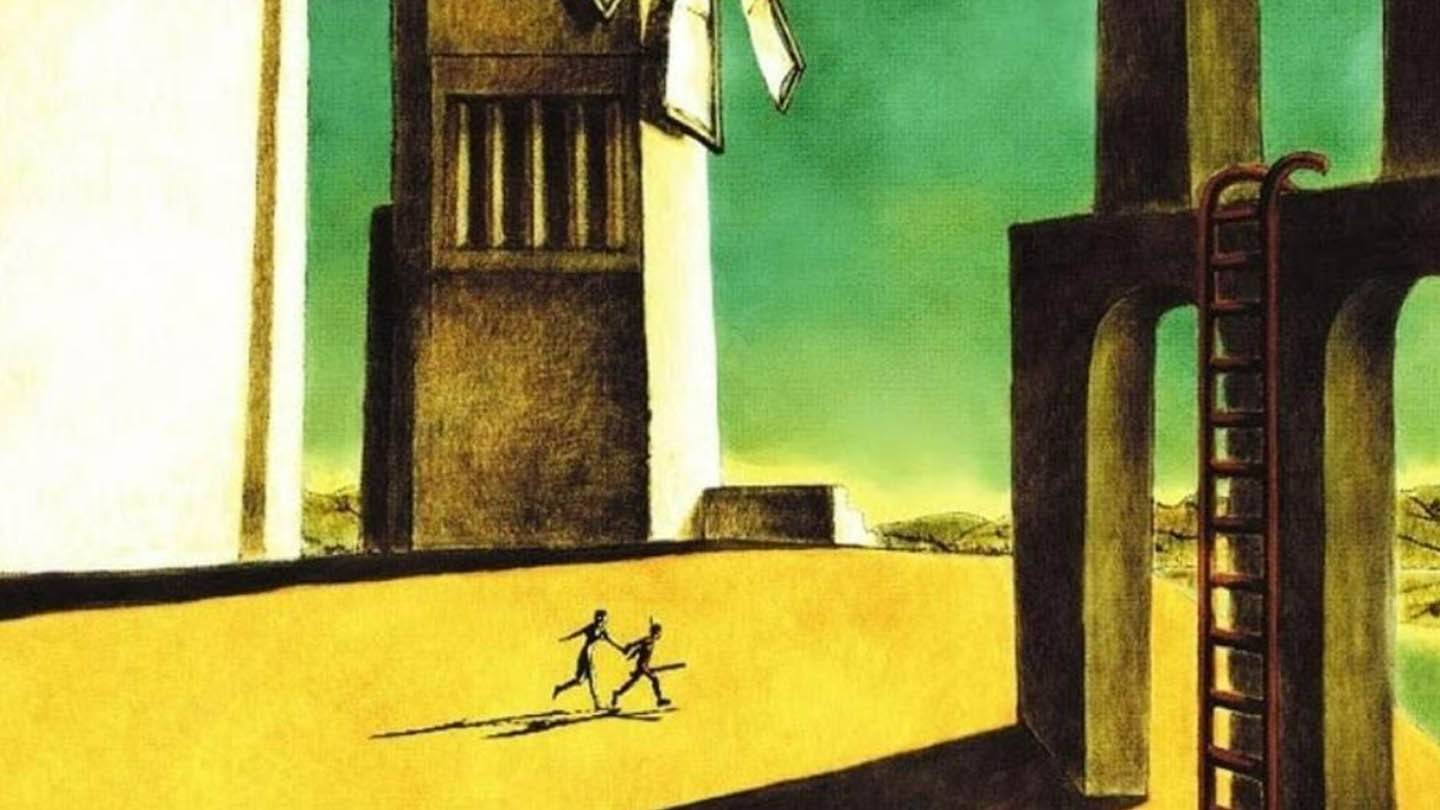
Yoko Taro, the visionary game director known for his work on *NieR: Automata* and *Drakengard*, has shared his thoughts on the profound artistic impact of *ICO*, a title that redefined storytelling in video games. Originally released in 2001 for the PlayStation 2, *ICO* quickly gained a cult following for its minimalist aesthetic, atmospheric design, and narrative conveyed without words.
Taro pointed out how the game's central mechanic—guiding Yorda by holding her hand—was a revolutionary approach to player interaction. He noted, “If *ICO* had simply asked players to carry a suitcase the size of a girl, it would have felt tedious and frustrating.” Instead, the emotional weight behind guiding another character created a deep sense of connection, breaking away from conventional gameplay structures and offering something uniquely immersive.
During that era, game design often focused on mechanics so engaging that they could remain fun even if all visual elements were replaced with basic shapes. *ICO*, however, took a different path. It prioritized emotional depth and thematic meaning over pure interactivity, proving that story and atmosphere could be just as essential to the experience as gameplay itself. As Taro observed, this shift helped elevate video games from entertainment to art.
Describing *ICO* as “epoch-making,” Taro credited it with influencing the direction of modern game development. He praised the title for showing that interactive media could convey powerful emotions and philosophical ideas through subtle gestures and environmental storytelling.
Beyond *ICO*, Taro also acknowledged the lasting influence of two other groundbreaking titles: *Undertale* by Toby Fox and *LIMBO* by Playdead. These games, he explained, expanded the expressive potential of video games, demonstrating that the medium could deliver meaningful intellectual and emotional experiences unlike any other form of art.
For fans of Yoko Taro’s emotionally rich narratives and unconventional storytelling, his reflections on these influential titles offer valuable insight into the creative forces shaping his own acclaimed works. They also highlight the continued evolution of video games as a dynamic and deeply expressive art form capable of resonating on both personal and philosophical levels.


 LATEST ARTICLES
LATEST ARTICLES 












